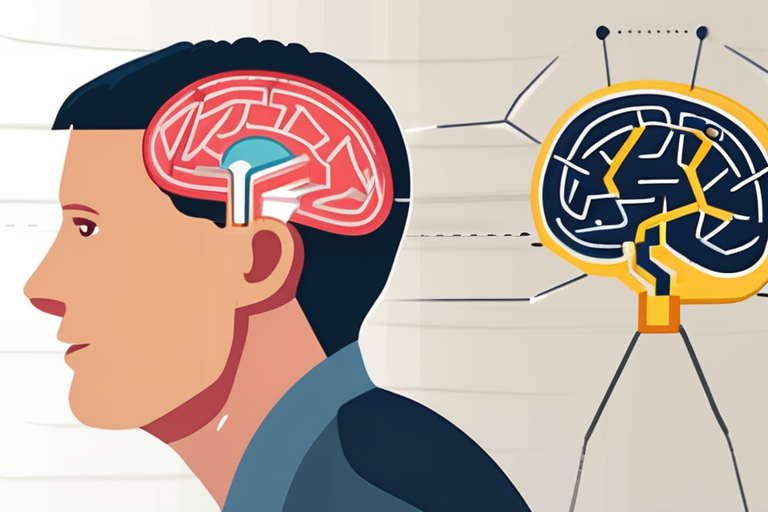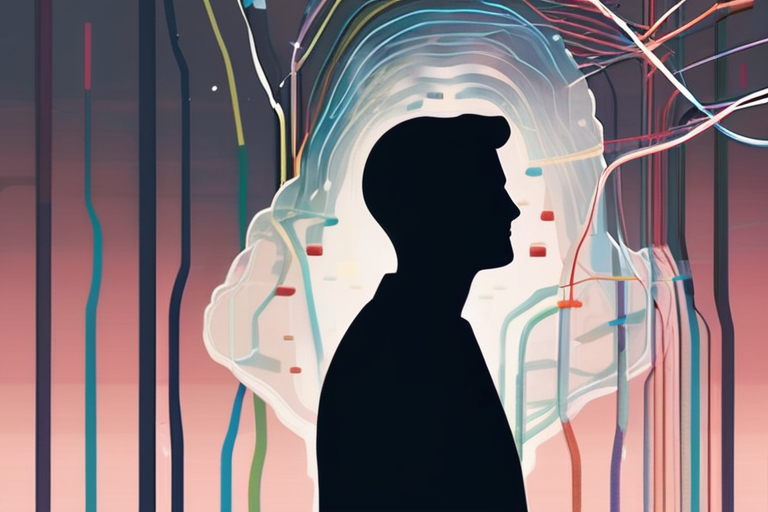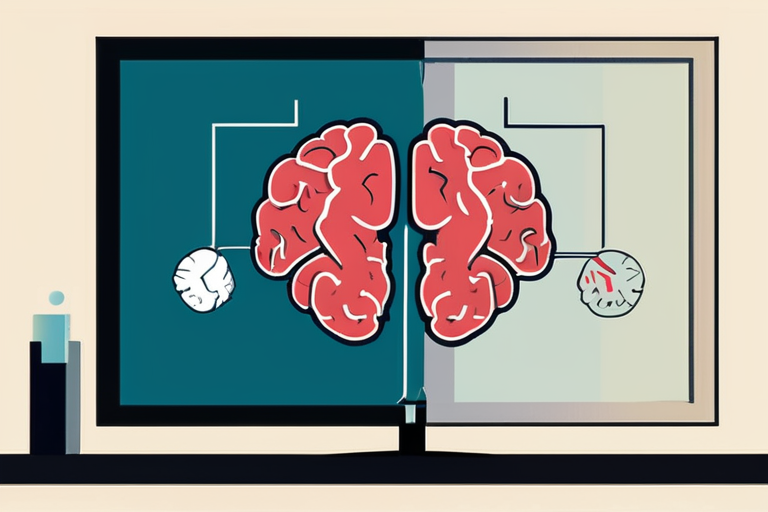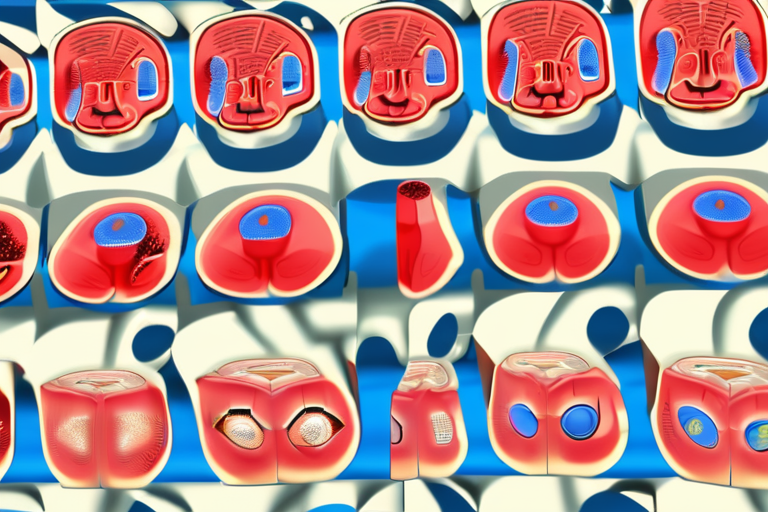Our Understanding of Memory is All Wrong: New Research Challenges Traditional Views
A groundbreaking study published recently has turned the conventional wisdom on memory on its head, revealing that our brains don't store facts like a filing cabinet, but rather shape the narrative of our lives. According to Dr. Charan Ranganath, a neuroscientist at University of California Davis and author of "Why We Remember: Unlocking Memory's Power to Hold on to What Matters," memory is not just about recalling events, but also about constructing meaning out of chaos.
The study, which has been gaining attention in the scientific community, suggests that emotion plays a crucial role in what we remember. Dr. Ranganath explained in an interview with Sean Illing, host of The Gray Area podcast, "Emotion is not just a bonus to memory; it's actually essential for memory formation... When we experience strong emotions, our brains are more likely to encode those events into long-term memory."
This new understanding of memory has significant implications for how we approach education, therapy, and even social justice. Dr. Ranganath noted that "collective memory can bind or divide entire societies," highlighting the importance of accurate historical representation and the need for empathy in understanding the experiences of others.
The concept of memory as a narrative-shaping process challenges traditional views on forgetting, which are often seen as a loss of information rather than an essential part of the learning process. Dr. Ranganath emphasized that "forgetting is not just about losing memories; it's also about gaining new perspectives and insights."
This research has sparked interest in the field of neuroscience, with experts from various disciplines weighing in on its significance. Dr. Elizabeth Phelps, a cognitive neuroscientist at New York University, commented, "This study highlights the importance of considering the emotional context in which memories are formed... It's a game-changer for our understanding of memory and learning."
The study's findings have also sparked discussions about the potential applications in fields such as education and therapy. Dr. Ranganath suggested that "teachers and therapists can use this knowledge to create more effective learning environments and treatment plans," by incorporating emotional engagement and narrative-based approaches.
As research continues to uncover the complexities of memory, experts are calling for a reevaluation of traditional methods for storing and retrieving information. With the help of AI-powered tools and machine learning algorithms, scientists are working to develop new technologies that can better support human memory and cognition.
The study's implications extend beyond the scientific community, with potential applications in fields such as education, therapy, and social justice. As Dr. Ranganath noted, "Our understanding of memory has far-reaching consequences for how we live our lives and interact with each other."
Background:
Memory is a fundamental aspect of human cognition, yet its mechanisms remain poorly understood. Traditional views on memory have been shaped by the idea that it functions like a filing cabinet, storing facts and events in a linear fashion. However, recent research has challenged this notion, revealing that memory is a complex process influenced by emotion, context, and narrative.
Additional Perspectives:
Dr. Ranganath's work has sparked interest among experts from various fields, including psychology, neuroscience, and education. As researchers continue to explore the complexities of memory, they are uncovering new insights into its role in shaping our experiences and understanding of the world around us.
Current Status and Next Developments:
The study's findings have significant implications for how we approach education, therapy, and social justice. As research continues to advance, experts are working to develop new technologies that can better support human memory and cognition. With the help of AI-powered tools and machine learning algorithms, scientists aim to create more effective learning environments and treatment plans that incorporate emotional engagement and narrative-based approaches.
Sources:
Dr. Charan Ranganath, University of California Davis
Sean Illing, The Gray Area podcast
Dr. Elizabeth Phelps, New York University
*Reporting by Vox.*



 Hoppi
Hoppi

 Hoppi
Hoppi

 Hoppi
Hoppi

 Hoppi
Hoppi

 Hoppi
Hoppi

 Hoppi
Hoppi











